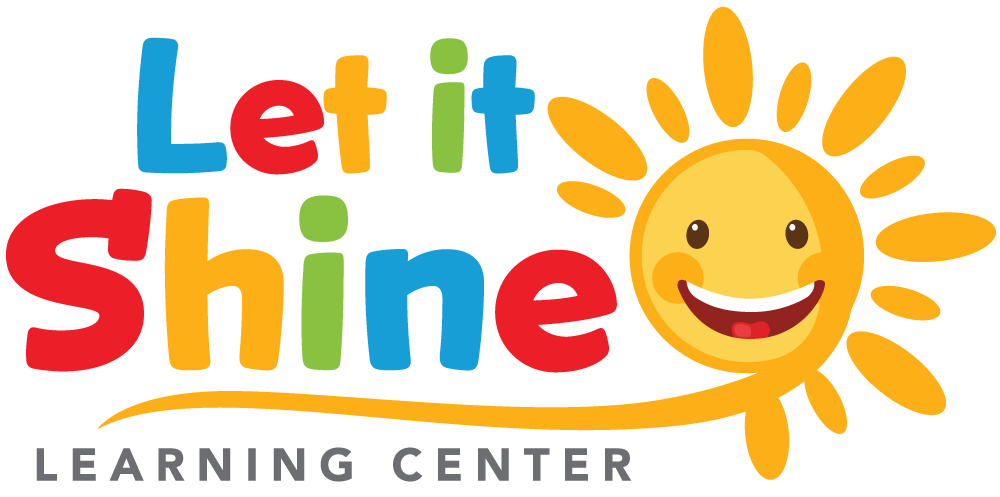Practical Tips & Educational Points
Welcome to our comprehensive resource hub designed to support parents navigating the world of Applied Behavior Analysis (ABA), Occupational Therapy (OT), and Speech Therapy. Here, you’ll find practical tips and educational points to enhance your understanding and empower you on your journey.
Applied Behavior Analysis (ABA)
1. Consistency is Key:
- Maintain consistent routines and expectations to reinforce positive behaviors at home.
2. Visual Supports:
- Utilize visual schedules and charts to help your child understand and anticipate daily activities.
3. Open Communication:
- Regularly communicate with ABA therapists to discuss progress, challenges, and changes in your child’s behavior at home.
4. Generalization Practice:
- Encourage the application of learned behaviors in various settings to promote generalization.
5. Reinforcement Strategies:
- Identify and incorporate your child’s preferred reinforcers to motivate positive behavior.
Occupational Therapy (OT)
1. Sensory-Friendly Home Environment:
- Create a sensory-friendly space at home with comfortable textures, calming colors, and sensory tools.
2. Fine Motor Activities:
- Engage in activities that promote fine motor skills, such as drawing, coloring, and playing with small objects.
3. Encourage Independence:
- Foster independence by encouraging self-help activities like dressing and feeding.
4. Outdoor Play for Gross Motor Skills:
- Encourage activities like climbing, jumping, and running for gross motor development.
5. Open Dialogue with OT:
- Maintain open communication with your child’s OT, sharing observations and concerns related to motor skills.
Speech Therapy
1. Create a Language-Rich Environment:
- Surround your child with language through reading, conversations, and exposure to varied vocabulary.
2. Speech Sound Practice:
- Encourage speech sound practice through games, songs, and daily conversations.
3. Visual Aids Support:
- Utilize visual aids, such as pictures and charts, to support language development and comprehension.
4. Model Pronunciation:
- Model clear and correct pronunciation to provide your child with good language models.
5. Consistent Speech Practice:
- Regularly practice recommended exercises and activities at home for consistent speech development.
General Tips for All Therapies
1. Attend Parent Training Sessions:
- Take advantage of parent training sessions to enhance your understanding of therapeutic strategies.
2. Set Realistic Goals:
- Collaborate with therapists to set achievable and realistic goals for your child’s development.
3. Celebrate Achievements:
- Acknowledge and celebrate small achievements; they contribute to overall progress.
4. Join Support Groups:
- Connect with other parents through support groups to share experiences and gain insights.
5. Advocate for Your Child:
- Be an advocate for your child’s needs, working closely with therapists and educators to ensure they receive appropriate support.
Learn More About Us
Our Story
Our expert therapists are dedicated to helping your child make incredible developmental strides, rekindling your hope and optimism.
Our Team
We offer tailor-made therapy plans, eliminating confusion and providing a clear path to your child’s development.
Begin Your Journey With Us

